When we were initially told that our four-year-old daughter had cancer, aside from being in shock, I remember how polished the doctor was in his presentation.
“I remember thinking how sad it was that a man could be so polished and deliver such devastating news. And of course there was romanticism along with it as well – ‘We are in it for the war, not the battle.’”
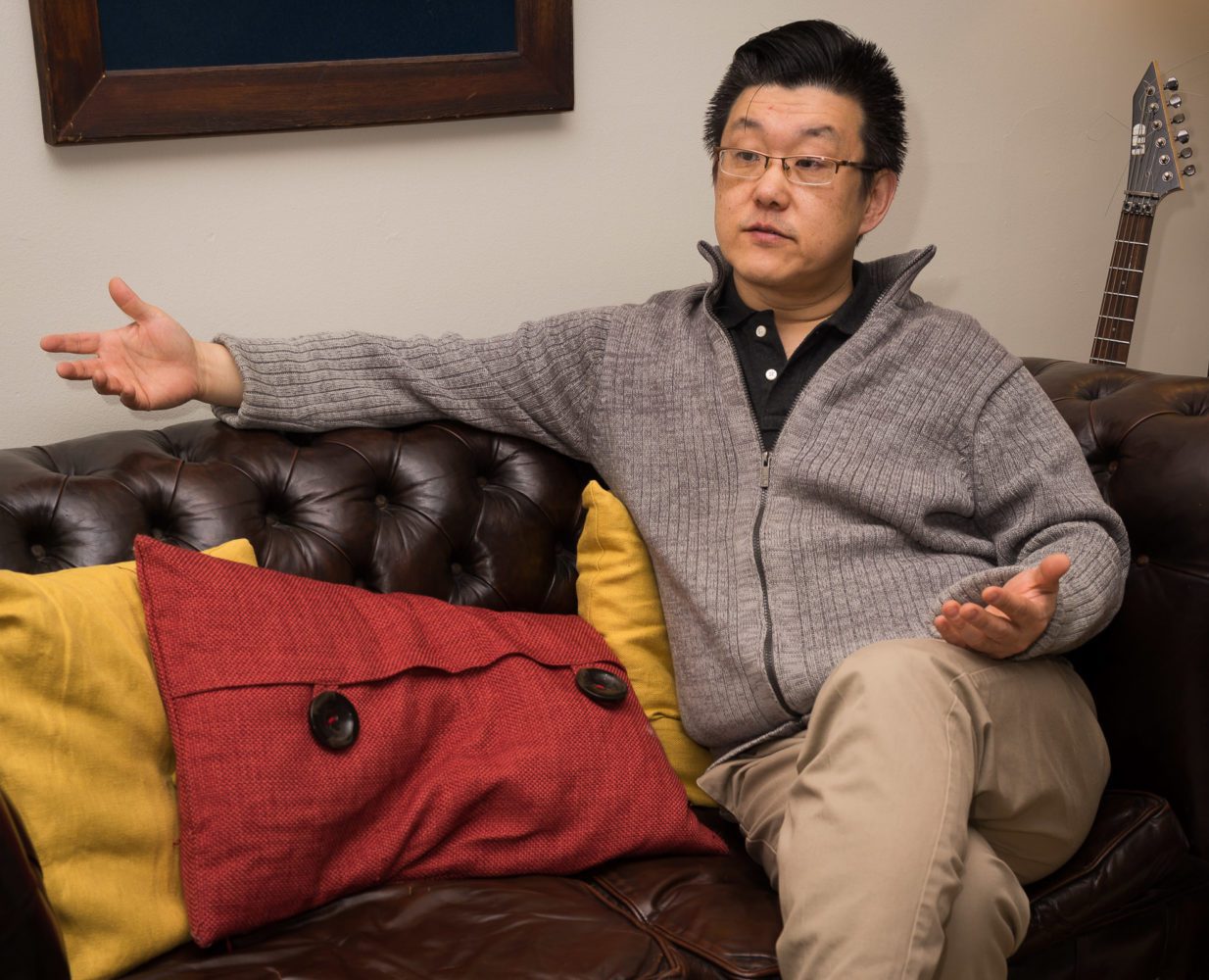
Maya’s cancer specialist was one of the best doctors ever.
“She felt that the transplant they offered was not good enough for Maya. But there was a transplant available at a hospital in the U.S. I remember her saying “I have a transplant I can offer you. But I have an iPhone 4; they have an iPhone 5. You need to get there.” To me, when she said that, it felt very good because we have found that doctors usually want you to stay with them. I don’t know why, but she just said that what they had was better. She doggedly hunted these guys down to try to find a spot for Maya to get a transplant. She just wouldn’t take no for an answer. She kept at it and she got us there. She can do no wrong in my eyes because as far as I am concerned she saved our daughter’s life.”
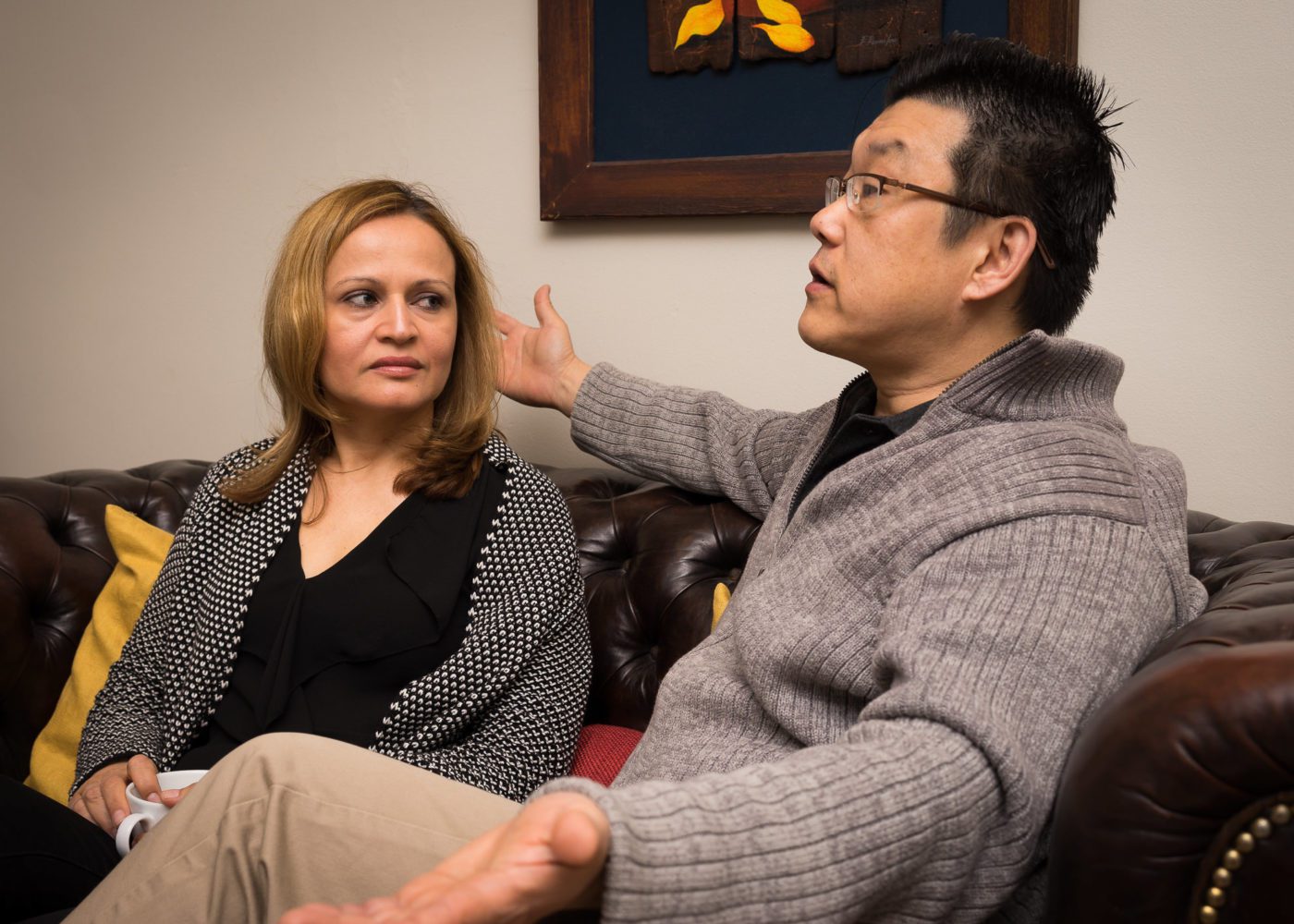
There is a huge disparity between what’s presented in what I like to call ‘commercials’, and what actually is.
“When we see our daughter on commercials for our hospital, she is smiling, everybody is happy. It is like ‘Hurray’. But the reality is not like that at all. Severe hemorrhagic cystitis is nothing to laugh about. Watching your child lose the lining of her colon is not something that you can easily deal with. What you see on commercials, from whatever hospital, you have a bunch of people smiling, saying ‘I have overcome my disease and I am a better person for it.’ But it’s not like that. You need to roll up your sleeves. You have to get mud and blood on you. You have to fight tooth and nail. And even so, after five years, we look back and ask ‘Why are we here? Why do we still have our daughter here with us?'”
“I think that physicians look at their value or role from death. ‘This child had significant disease and I actually saved this child from dying or having a severely poor quality of life.’ But parents see their child from perfect, with all her hopes and dreams and physical abilities. We are watching our child who is always going to have issues. We are always going to have to worry about her lungs. We are always going to have to worry about her graft versus host disease. Because we are parents, we look at it as – yes, we understand that our child was sick, and yes we are so grateful that we can still have her with us. But the medical community needs to do better. Much, much better.”
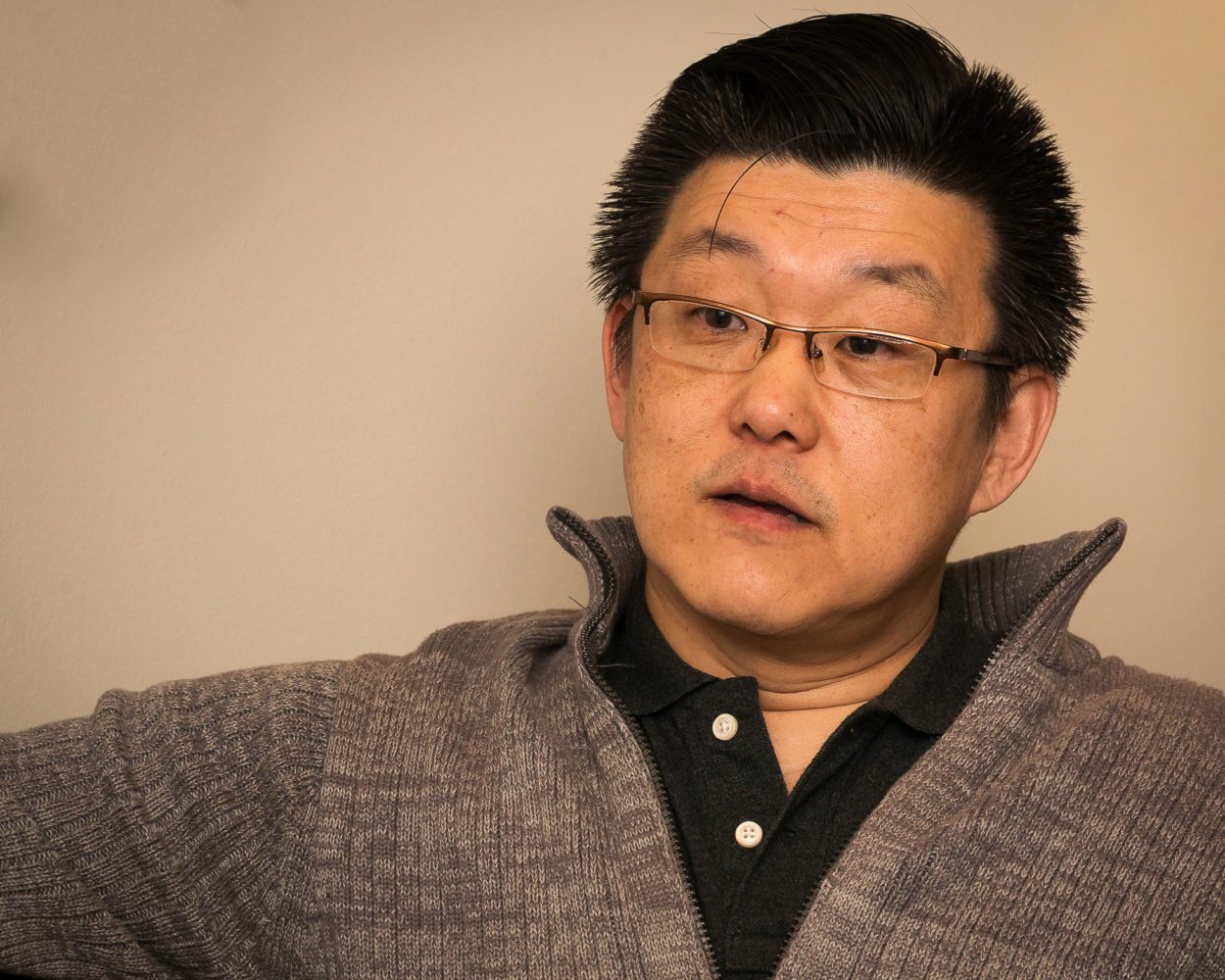
“Nurses are real heroes because they do lots of the bedside work with very little complaining. They are generally an amazing bunch of people. Older doctors are often very good. The younger ones – the ones who still have to flex their muscles… We can tell right away whether they will be a good doctor or not. That assessment – it is not whether they have a technical understanding… It is their compassion. That’s harder to find.”
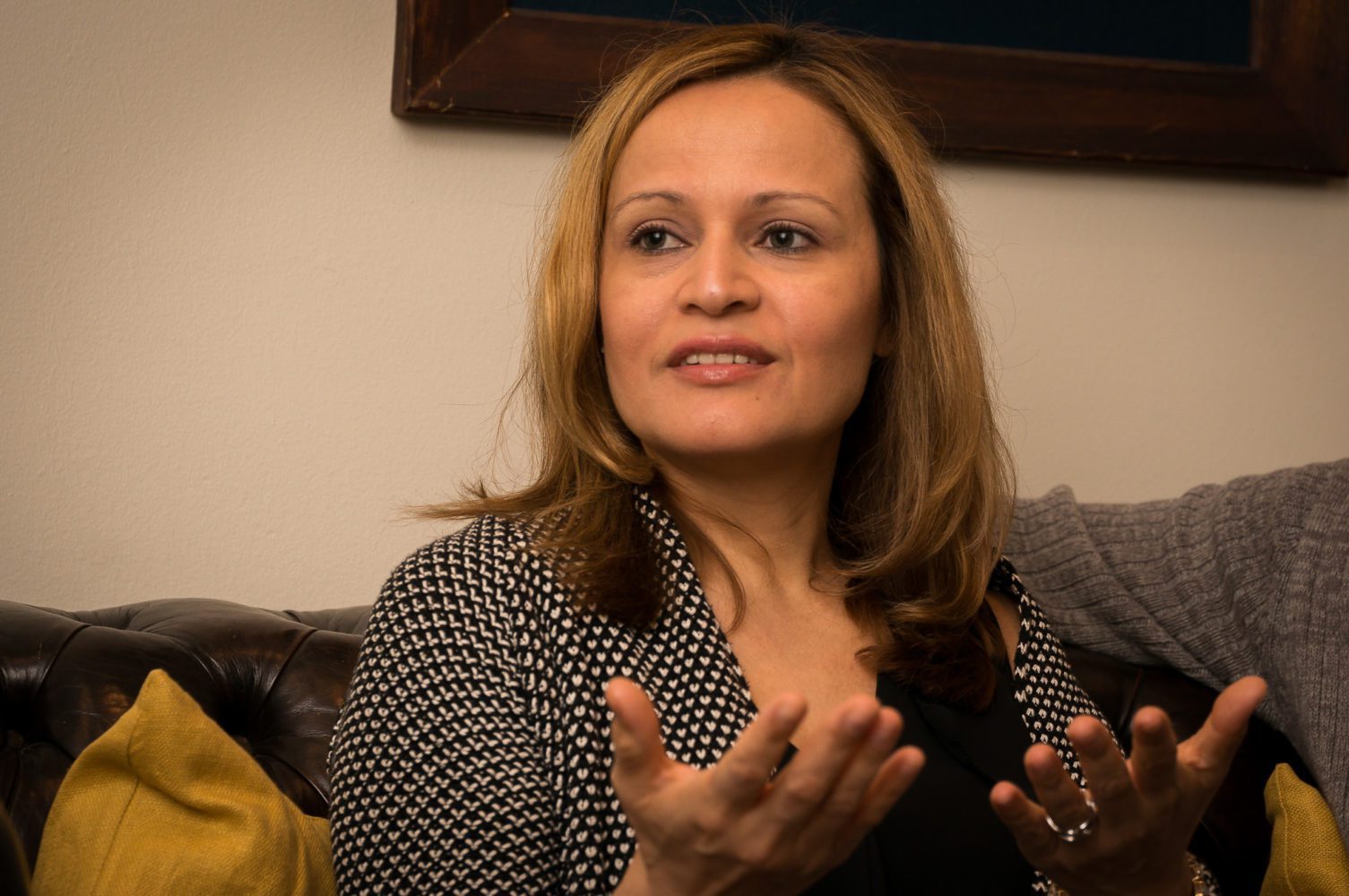
“Here we are so used to getting a lot of transfusions and not even thinking of payments. I remember when I went to Grand Rapids in the United States, Maya needed a transfusion. It was a little bag and it was $1,800. I was in shock. I remember the financial officer from the hospital was walking behind us. She said ‘How would you like to pay?’ I asked ‘What are the options?’ ‘You can pay with credit card, you can pay Interac, monthly payments…’ I said ‘What’s the benefit if I pay everything?’ ‘We’ll give you a 50% discount.’ So I said ‘We’ll pay right away.’ Bizarre from our perspective, right? When Maya needed blood work they would even charge us for the needles. We knew how to access her line. In San Diego we met this nice nurse, and she let us actually take the blood, do all the work ourselves. She only took the vials, so we could reduce the cost. When you do it every day, the costs add up so quickly.”
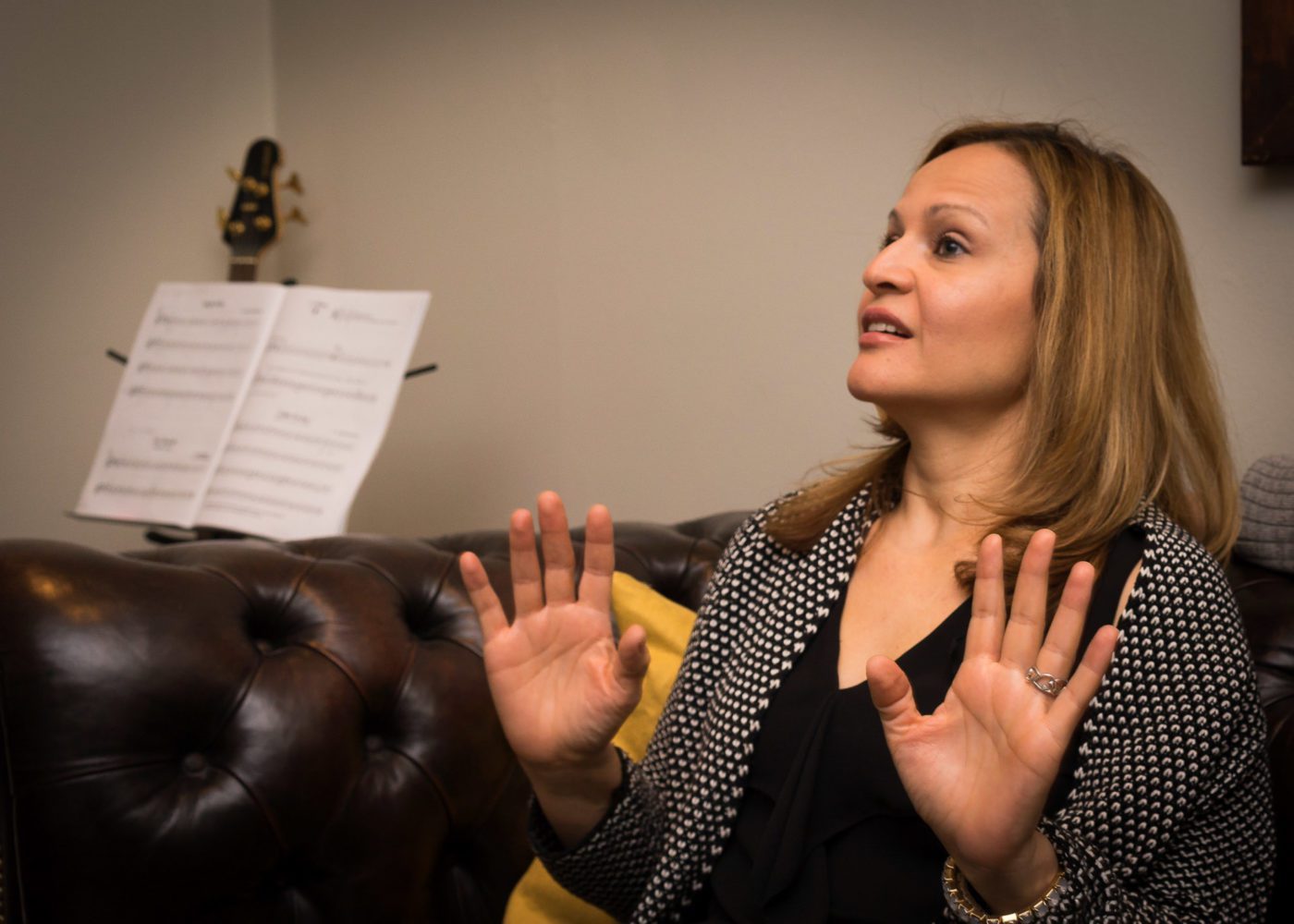
If you can get access to U.S. health care, you are so much better off.
“If you were to just look at the numbers, I doubt very much that they are significantly better in the States than here. But it’s all the little things. We were in Memphis in St. Jude. If you are wandering the halls looking lost, within 30 seconds, somebody will come up to you whether it be a physician, or a nurse,…. someone would say ‘Do you need help? Can I help you with something?’ Even though the Canadian system says ‘We are patient-centred’, it is not. There it is patient-centred. It is small things that make life easier. When you wait for prescriptions in the hospital here, you have to get the prescription, make sure they give it to you at the beginning of your appointment so you can go and leave it with the pharmacy, so by the time you leave you are ready. There they have screens all across the hospital, and you know exactly when the prescription is ready. It is something easy to do and it makes such a big difference. The point is, somebody actually sat down and looked at it from the patients’ perspective. These aren’t things that cost a huge amount of money. There is just a resolve. All the U.S. hospitals we have been to have a customer satisfaction program or perspective. Here, you could stand half a day at our hospital and no one would say anything to you. I am not trying to denigrate the hospital because I can drop in anytime and get a bag of platelets if I need them. In that sense our system is so much better. But if you are looking at it from a holistic perspective, there is more structure there to support the family.”
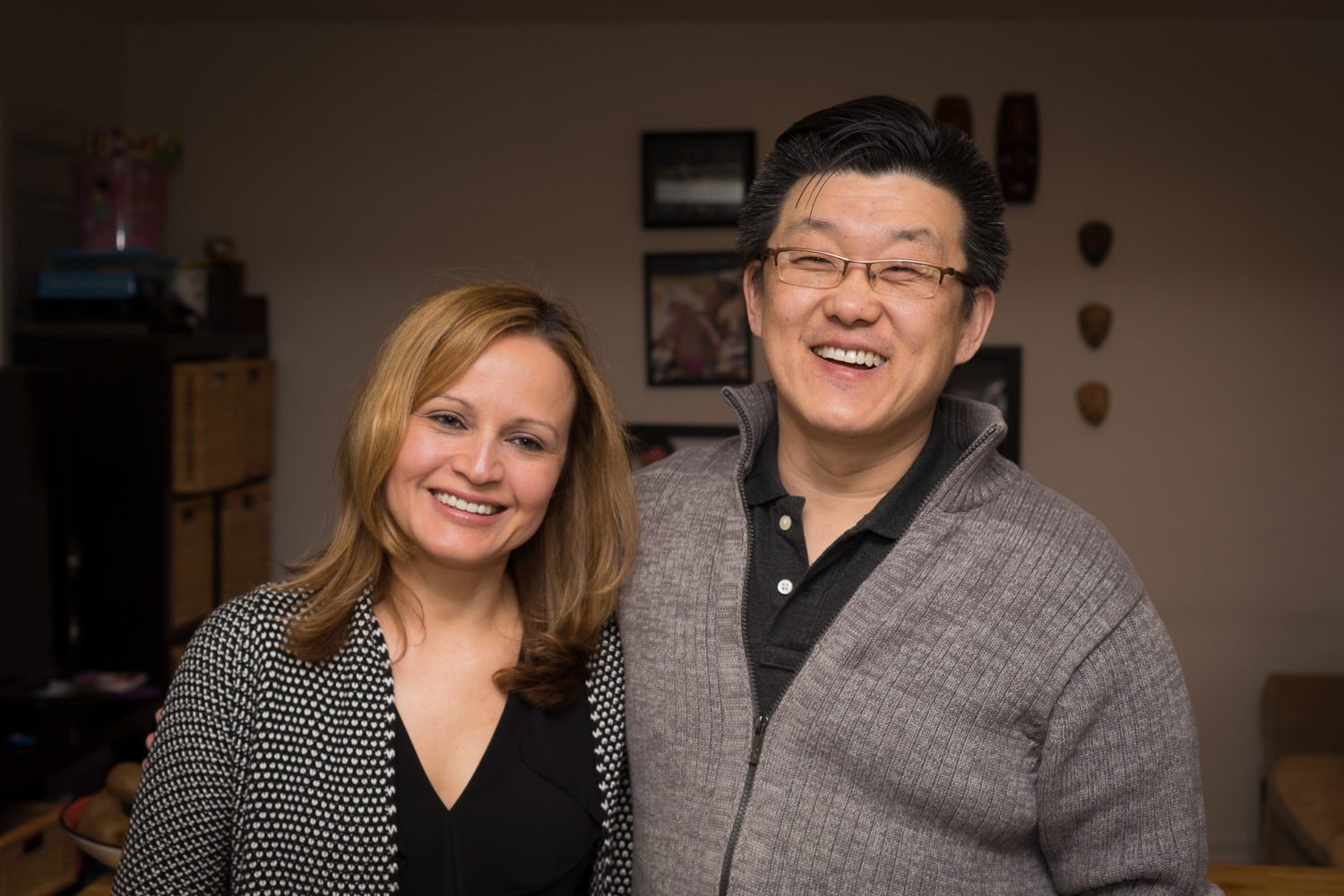
“We have had a lot of ups and downs. When you are told your daughter has cancer – the entire family gets cancer – the uncles, the aunts, even the close friends. We have had lots of support from our family, friends, even co-workers.”
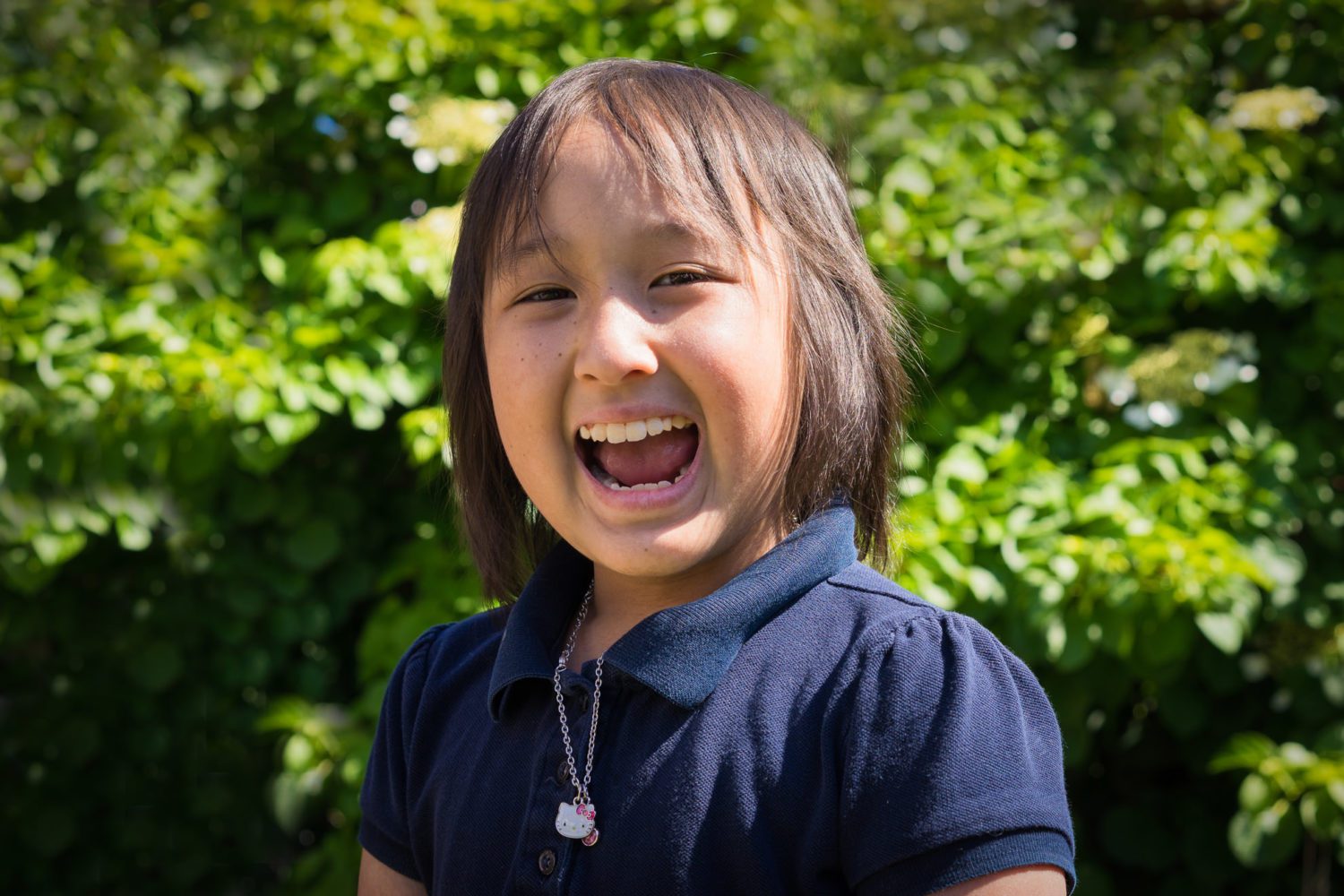
“Maya is doing wonderfully.”
“We do have some chronic issues to deal with. Maya can walk, but if she walks at a casual pace, she becomes short of breath. To me this is less than desirable; after all she is 9 years old. But, Maya has been the best thing ever to happen to us. She is such a spunky little girl. She is full of beans. She has just gone back to school. The school has been wonderful to us – the community, the school where she goes, everyone. They have been so supportive. I can’t be more grateful – the support she is getting.”

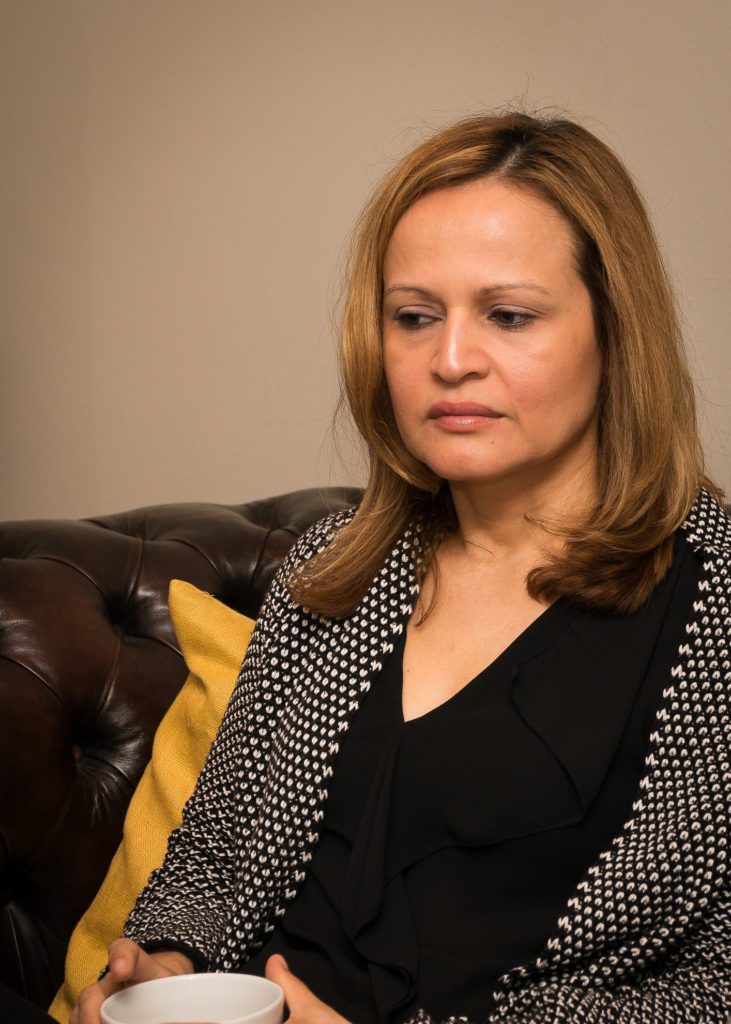

The comments section is closed.